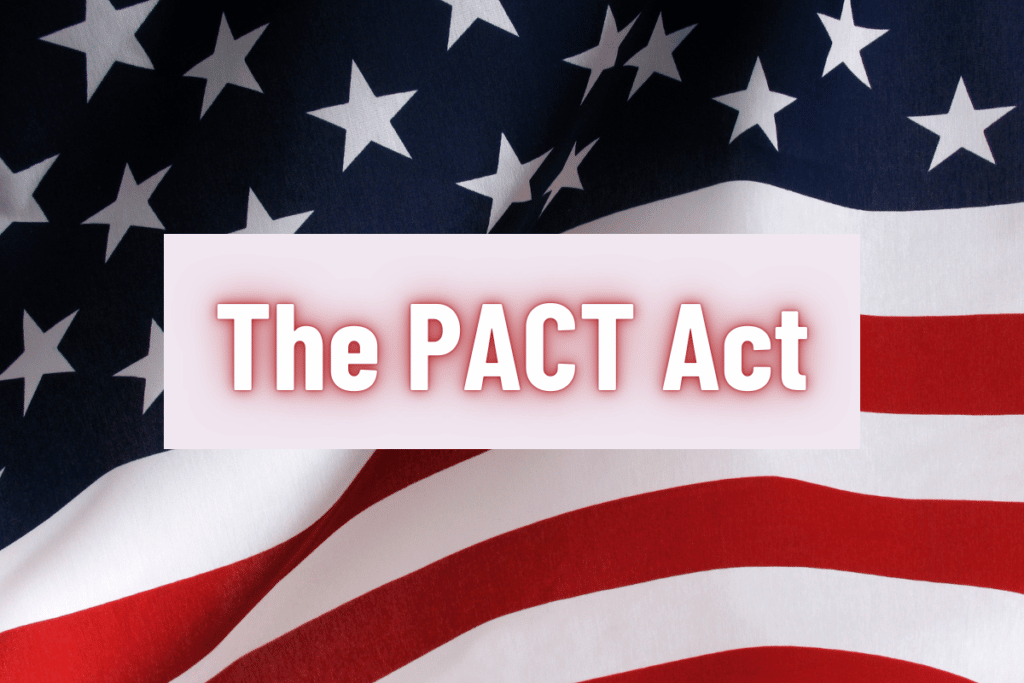By Attorney Matthew E. Bass

In the not-too-distant past, one of my best and oldest childhood friends returned from deployment, serving our great nation overseas. For a while, things were fine. But then they weren’t. Something wasn’t physically right. Next came a barrage of continuous medical testing, resulting in increasingly-frustrating medical uncertainty. Finally, however, we learned that at far-too-young of an age, unbeknownst to himself or others, he had been injured during his military service and developed a severe medical condition.
That’s how I first learned about burn pits: the heinous waste disposal method used by our military overseas in war zones to destroy everything from plastics, rubber, chemicals, and electronics, to food and human waste. In recent years, burn pits started making national headlines— thanks in no small part to the efforts of comedian Jon Stewart, as more and more of our veterans returned home from deployment with their bodies compromised by various ailments, from respiratory and cardiovascular issues to cancer and other vicious maladies. There is now a Burn Pit Registry to keep track of troops exposed to burn pit smoke.
Finally, on August 10, 2022, President Biden signed the PACT (Promises to Address Comprehensive Toxics) Act into law. A long time in the making, the PACT Act opened the door to compensation and care for millions of veterans who have experienced personal injury after exposure to toxic substances during their service. Military servicemembers have long suffered myriad maladies (dating back to Agent Orange, if not well before), ranging from respiratory diseases to rare, aggressive abdominal cancers due to exposure to toxic substances. Still, they traditionally bore the burden of proof to provide evidence linking their time in the service to such conditions. Since they often lacked the resources to provide the requisite medical proof, the VA routinely declined their claims, refusing to provide disability benefits.
Now, the PACT Act flips the script, making twenty-three (with hopefully more to come) respiratory illnesses and cancers presumptively linked to veterans’ service. That paradigm shift places the burden on the government to disprove the link. Further, the Act extends periods for claims filing, extends health care coverage, and purports to speed up the timeframe for processing claims and providing much-needed benefits to those suffering and recovering from personal injuries during service.
President Biden has often indicated that he believes exposure to toxic burn pits overseas caused the rare brain cancer that killed his son, Beau, at an early age. The President deserves a salute for making the PACT Act a priority and helping push it through a perpetually divided Congress. We have a long way to go in providing adequate services to our nation’s veterans, but fortunately, this appears to be a big step in the right direction.
Suffering veterans and their families now have an opportunity to start the process of being compensated for the physical, emotional, and financial hardship caused by injuries sustained due to exposure to toxic chemicals.
If you or a loved one believe you are eligible for compensation for personal injuries sustained during military service and are at a loss as to where to start, please contact us for a free consultation. Burnett and Williams is an experienced personal injury law firm appreciative of our veterans’ and their families’ sacrifices. Our experienced personal injury lawyers would be honored to consult with you.